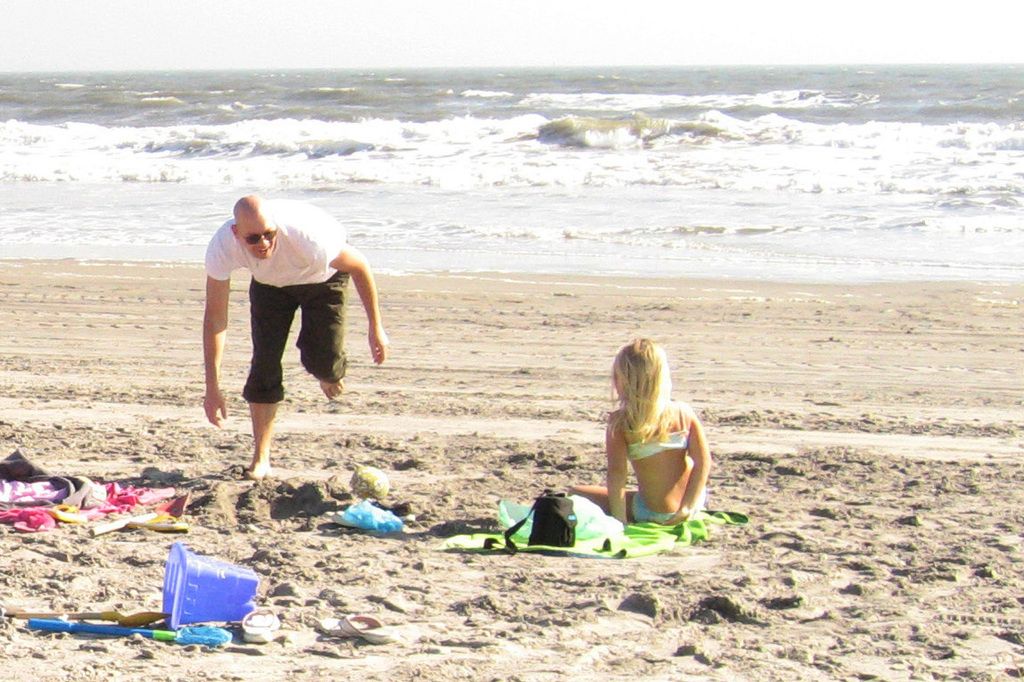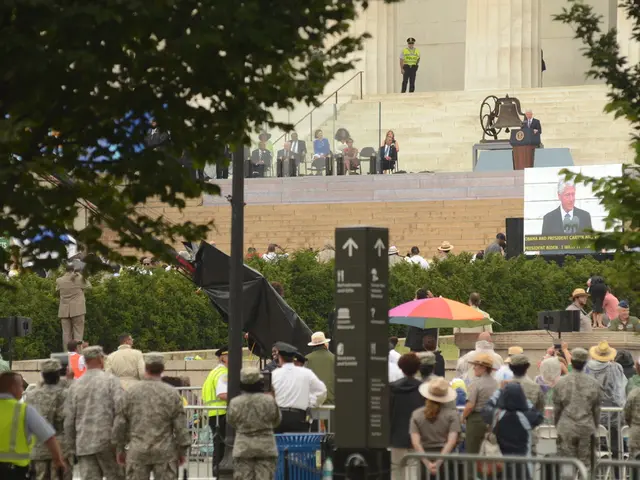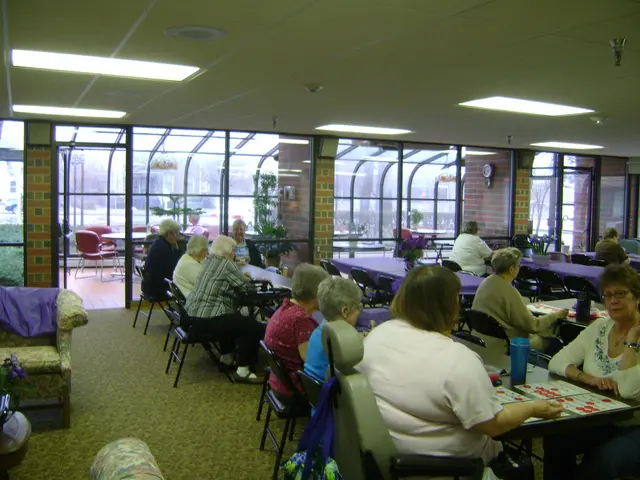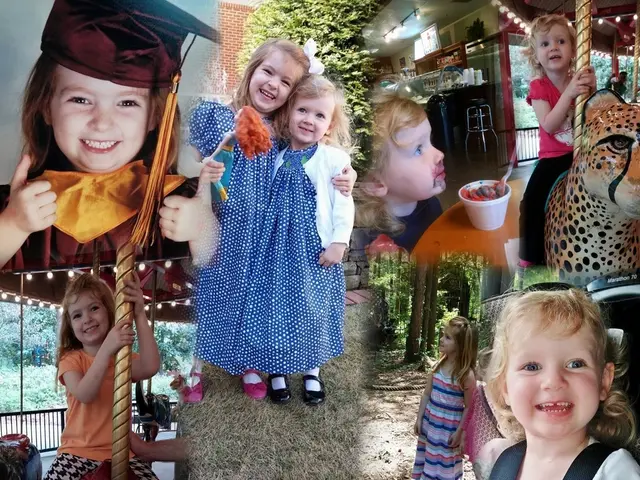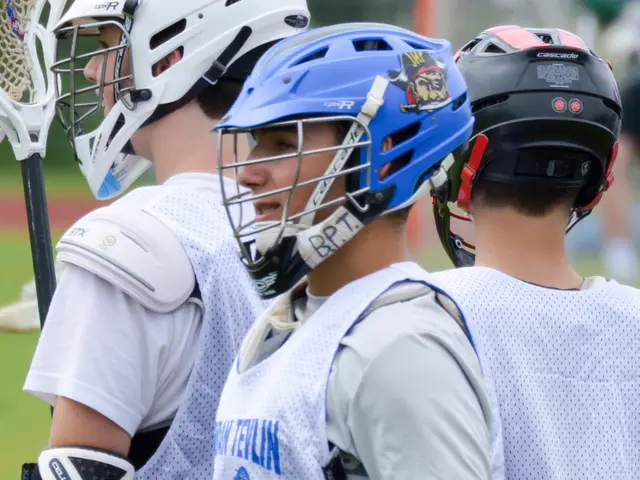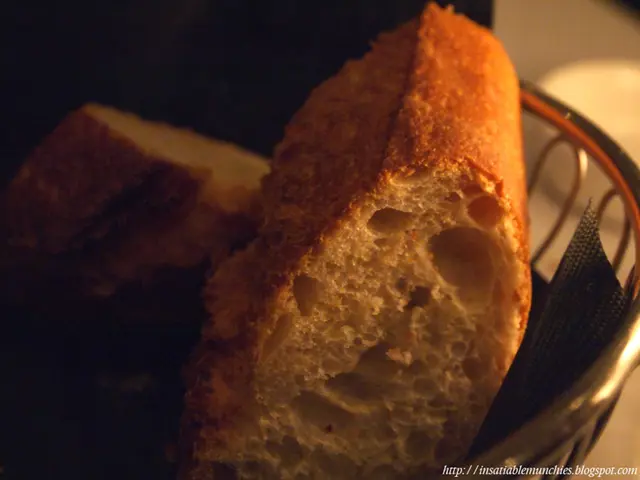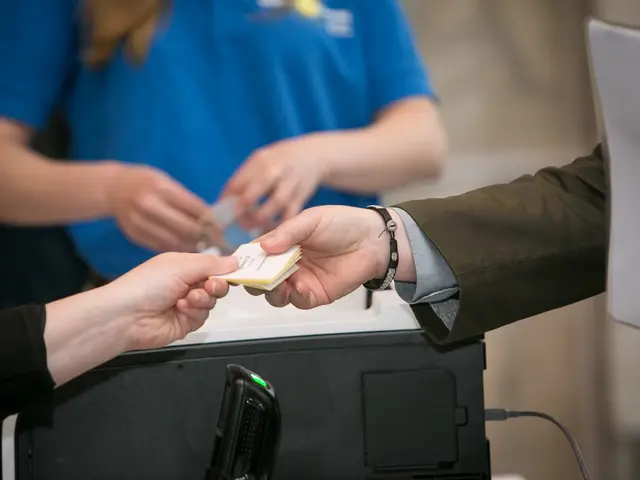Reliving the '90s: A Second SummeR of Nostalgia and Trendy Jackets
By Matthias Schmidt
- 4 Min
Nostalgic, repeat summer filled with reminiscing and athletic jackets. - Nostalgic vibes return in an encore of sunny days and lettered bomber jackets.
Let's take it back, way back to a time when Michael Schumacher dominated Formula One, Helmut Kohl moved the government from Bonn to Berlin, and 'web masters' were a novel concept: the `90s!
Britpop
Oasis
Jarvis Cocker
The Allure of Britpop
Brush up on a brief history lesson: During the `90s, Britpop emerged as a movement that epitomized British pride, marking a departure from the melancholic undertones of grunge and shoegaze. The "big four" of Britpop, bands like Oasis, Blur, Suede, and Pulp, led the charge[1].
Impact of Britpop
- The British Music Scene's Resurgence: Britpop reminded the world of Britain's vibrant and distinctive musical identity, channeling the spirit of '60s and '70s British guitar pop legends like the Beatles and David Bowie[1].
- A Counterpoint to Grunge and Shoegaze: In stark contrast to the gloomy melodies of their American and British counterparts, Britpop represented a ray of sunshine, offering catchy, upbeat tracks that celebrated quintessential British culture and life[1].
- The Cultural Zeitgeist: Britpop was a crucial part of the broader cultural phenomenon dubbed "Cool Britannia" that encapsulated the spirit of politics, fashion, and art in mid-`90s Britain. Its influence was closely tied to Tony Blair's New Labour, symbolizing a new wave of optimism and change[1].
- Commercial Victory: Achieving commercial success became par for the course for Britpop bands, with Oasis and Blur becoming household names. The infamous "Battle of Britpop" in 1995, where Blur's "Country House" and Oasis's "Roll With It" were simultaneously released, exemplified the genre's excitement and competition[1].
Pillars of Britpop
- Oasis: With tracks such as "Wonderwall" and "Don't Look Back in Anger," Oasis revolutionized Britpop, reflecting the essence of the British working class and a yearning for escapism[1].
- Blur: Blur exhibited a more experimental and diverse approach to Britpop, blending elements of punk, ska, and traditional British pop sounds in albums like "Parklife"[1].
- Jarvis Cocker: As the lead vocalist of Pulp, Jarvis Cocker was a significant player in the Britpop scene. Known for his witty, incisive lyrics, Cocker's works often delved into the unspoken aspects of suburban life, adolescent frustration, and social stratification, as demonstrated in hits like "Common People" and "Disco 2000"[1].
In a nutshell, the Britpop renaissance of the summer `90s marked a pivotal moment in British music culture. Influential bands like Oasis and visionaries like Jarvis Cocker shaped the landscape of this musical period, delivering a fresh, undeniably British sound to the world.
♪ "I'm not gonna let you go" ― Jarvis Cocker's poignant lyrics resonated with the rising pop-culture trend of Britpop, a movement that captured entertainment and music enthusiasts alike in the `90s. The Britpop revolution, as exemplified by bands like Oasis and Blur, was a significant contributor to the resurgence of the British music scene, offering catchy, upbeat tracks that revived the spirit of the Beatles and David Bowie, making it a key part of the broader cultural phenomenon known as "Cool Britannia".
